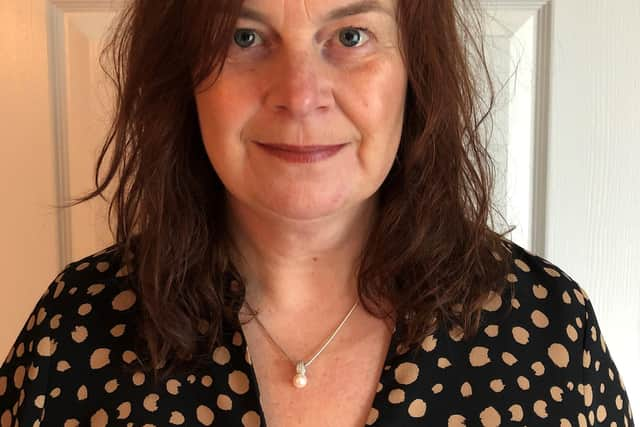Review process for adverse medical events needs to be informed by best practice - Moira Manson
To do this, we are working with NHS boards and healthcare professionals across Scotland to standardise our approach to adverse events by revising the existing framework and ensuring that those involved in a review are treated with care and empathy, and, above all, that actions are put in place to reduce the risk of the incident reoccurring.
The main issue currently facing NHS boards when it comes to adverse event reviews is a lack of standardised approach based on best practice. As we work with healthcare practitioners to establish what this should look like, we keep seeing two key themes – that listening to patients and their families is essential if we want to understand what went wrong, and that clear, empathetic communication is fundamental if we want to provide them with the support they need as they move through what is unquestionably, an incredibly challenging time.
Understanding what patients, families and carers need


Advertisement
Hide AdAdvertisement
Hide AdAs a review takes place following an adverse event, the feedback from the majority of those involved is that they do not want to use the review to apportion blame. What they want is to receive an apology, understand what happened and get reassurance that it should not happen again. To do this, we must ensure that people are at the heart of each review, engaging with them from the outset. It is only by working with and listening to patients, families and carers that we can glean invaluable information that can inform the actions we put in place to prevent adverse events from reoccurring.
As part of our work with medical professionals across Scotland, we are also learning that families and carers want greater clarity. Many feed back that the reports they receive upon the completion of a review are very clinical, full of medical jargon that can be difficult to understand. It can be easy for medical professionals to hone in on the technicalities and the science involved, forgetting that families of those involved are looking for compassion and a clear, straightforward explanation that will help them understand what happened and support them in coming to terms with it.
Going forward
So, what can we do? We must listen to our patients, their families and carers – that much is clear. We already know that NHS boards across Scotland are paying attention – an unprecedented number of healthcare professionals has expressed interest in receiving compassionate communications training, while examples of outstanding care are reported by patients across the board. It is also paramount that we never forget that people are at the heart of everything we do and that their needs should be placed at the centre of how we shape and improve our health services.
Community engagement is a core part of what we do at Healthcare Improvement Scotland, working with the NHS, our partners and patients to make sure that real human experiences and opinions shape national policy.
It is clear that this collaboration is now more vital than ever and that we focus our efforts on three key elements – listening, learning and improving. We will continue to play a key role in ensuring this happens, through producing national information for families, as well as promoting a single point of contact for families to keep them engaged in review process.
Moira Manson is a Senior Reviewer at Healthcare Improvement Scotland
Comments
Want to join the conversation? Please or to comment on this article.